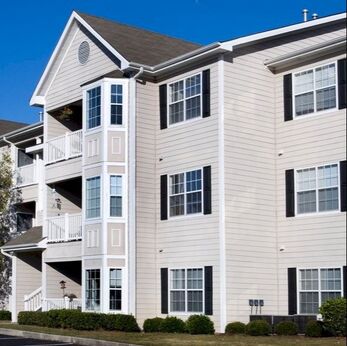Protecting Multi-Dwelling Unit Web Traffic Through Strong Encryption Protocols for Safeguard User Confidentiality as well as Data Accuracy
Protecting Multi-Dwelling Unit Web Traffic Through Strong Encryption Protocols for Safeguard User Confidentiality as well as Data Accuracy
Blog Article
Within today’s digital world, securing internet traffic is more important than ever before, particularly in Multi-Unit Units (MDUs) like apartment complexes and condo settings. Such environments often have many tenants utilizing the same web service, which can lead to potential security threats. To guarantee that users' privacy and data security are protected, it is vital to implement robust coding standards. Encryption is a technique that scrambles data, rendering it unreadable to anyone who do not have the appropriate credentials to decrypt it. This process helps keep individual information safe from hackers and unapproved users.
One of the widely widely used encryption protocols is SSL Socket Layer (SSL) and its successor, TLS Security (TLS). Such protocols create a protected link between a user’s device and the web, guaranteeing that any data transferred stays private. When residents in an MDU access sites that employ SSL/TLS, their personal information, including login credentials and credit card details, is secured. This means that even if someone tries to capture the information, they would only see a jumble of characters and digits, making it nearly unfeasible to comprehend. By encouraging the use of such standards, MDUs can significantly improve the security of their residents' internet actions.
Another important coding technique is VPN Secure Network (VPN) technology. A VPN establishes a protected tunnel for internet traffic, which safeguards users from invasive observers, particularly when using public Wi-Fi networks. In an MDU, where numerous tenants may link to the identical network, using a VPN can help ensure that individual web activities stay private. This is particularly important for activities such as online transactions or retrieving sensitive information. By encouraging the adoption of VPNs among tenants, MDUs can cultivate a more secure online environment and help protect against information leaks.
Alongside such encryption methods, it is vital for MDUs to educate their residents about the significance of online security. Numerous individuals may not be conscious of the risks associated with utilizing common internet connections. Offering resources on how to identify scam efforts, the importance of strong passwords, and the advantages of employing encrypted websites can enable residents to take control of their internet safety. Workshops or informational meetings can be here effective ways to raise awareness and promote optimal practices for internet safety.
Finally, MDUs should consider collaborating with web service providers (ISPs) that emphasize security and offer advanced encryption features. By collaborating with ISPs that implement robust coding protocols, MDUs can guarantee that their tenants have access to secure web connections. This collaboration can lead to enhanced overall security for the whole building, as well as enhanced confidence among residents. By implementing these measures, MDUs can establish a safer internet environment, protecting resident confidentiality and information integrity in an ever more connected world.